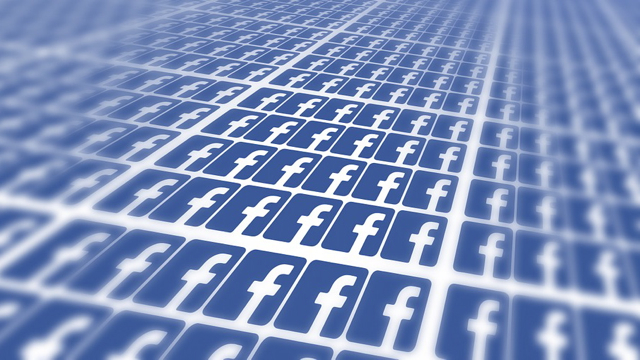Facebook, Twitter and Other Platforms Struggle With Infowars
August 14, 2018
After Facebook chief Mark Zuckerberg and his colleagues debated for weeks what to do about Alex Jones’ far-right, conspiracy-focused Infowars, Zuckerberg finally made the decision to ban Infowars content from the platform. Jones has millions of followers who endorse theories such as the Sandy Hook massacre being a hoax enacted by gun-control supporters. Prior to Facebook’s ban, company execs gave vague, unsatisfactory answers to questions from lawmakers and journalists. Meanwhile, Twitter execs have also been debating Infowars, but for now have opted not to ban Jones’ content.
The New York Times reports that users who wanted Zuckerberg to act, “dug up and reported old Infowars posts, asking for their removal on the grounds that they glorified violence and contained dehumanizing language against Muslims, immigrants, and transgender people.”
The posts they unearthed “clearly violated Facebook’s hate speech rules.” But Jones is so popular that whatever Facebook did would be viewed as political, which is why Zuckerberg got personally involved in the debates. Trained as an engineer, Zuckerberg “has always preferred narrow process decisions to broad, subjective judgments,” and his evaluation “took the form of a series of technical policy questions.”
Late Sunday, Apple announced its removal of Infowars from iTunes, and Zuckerberg then decided that the pages would be removed. Following Facebook’s decision, YouTube, Pinterest, MailChimp, and others also decided to ban Infowars. Twitter however, did not. “We’re going to hold Jones to the same standard we hold to every account, not taking one-off actions to make us feel good in the short term, and adding fuel to new conspiracy theories,” said Twitter co-founder/chief executive Jack Dorsey.
Elsewhere, NYT goes into the behind-the-scenes struggle at Twitter, where Dorsey gathered with 18 colleagues, including the safety team. Two NYT reporters were allowed into the meeting, where the group focused on how to get rid of “dehumanizing” speech, “even if it did not violate Twitter’s rules, which forbid direct threats of violence and some forms of hate speech but do not prohibit deception or misinformation.”
The team debated what constitutes dehumanizing speech, and Dorsey questioned whether there was a technology solution. The group didn’t come to an agreement, which “capped a difficult week for Twitter.” The company “has been embroiled in internal conversations about how to evolve and explain its policies for what can and cannot be posted on its site” amid the backdrop of heavy criticism for its lack of action.
Dorsey had tweeted that it would not ban Jones or Infowars, “because they had not violated the company’s rules,” a decision that brought on a barrage of criticism. The reporters concluded that, “during the one-hour gathering, a picture emerged of a 12-year-old company still struggling to keep up with the complicated demands of being an open and neutral communications platform that brings together world leaders, celebrities, journalists, political activists and conspiracy theorists.”
Dorsey, who said he was “O.K. with people not agreeing” with his decision, said although the company’s “longtime guiding principle has been free expression,” it is now discussing “that safety should come first” and that he is “contemplating broader changes.”
Related:
Fighting Conspiracies, Sandy Hook Parent Is Thwarted by Online Policies, The New York Times, 8/13/18
Vimeo Has Removed Alex Jones’ Infowars Too, CNET, 8/13/18


No Comments Yet
You can be the first to comment!
Sorry, comments for this entry are closed at this time.